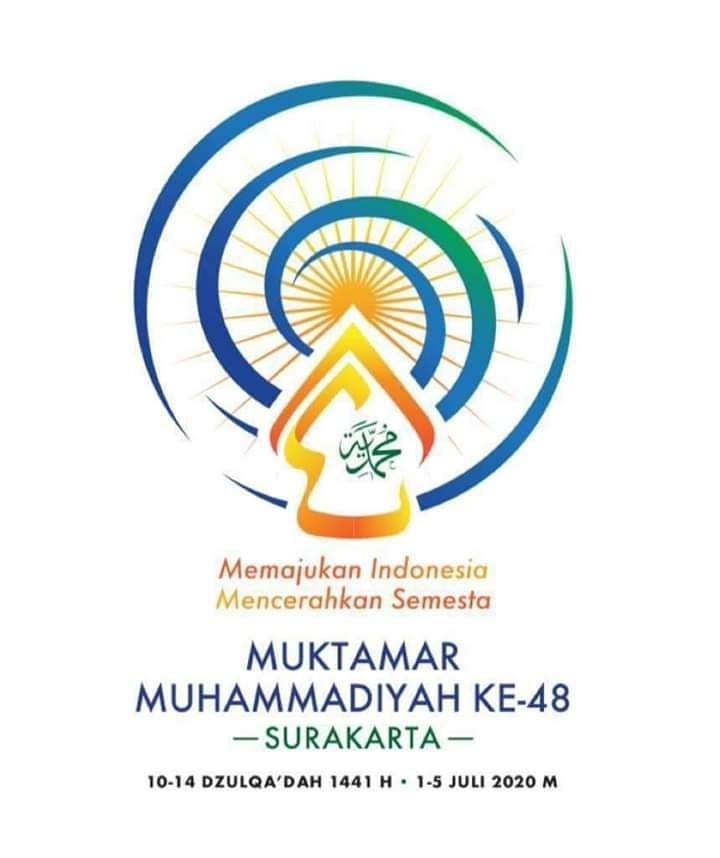Yogyakarta- Most hospital waste is processed or destroyed by burying or burning it. Whereas, the two ways have a bad impact for human health and environment that causes global warming. One of medical wastes that is difficult to process and pollutes environment is tabung suntik polimer (polymer syringe) commonly used in medical practices.
This spurs Yesi Novia Ambarani, Ahmad Ali Zulkarnain, and Rahmi Farida Azzahro from Medical and Health Science Faculty of Muhammadiyah University of Yogyakarta (FKIK-UMY), along with their advisor,dr. Inayati Habib, M.Kes, to invent Biodegradable spuit as a solution to syringe waste. This invention makes them pass in Student Creativity Program - Written Idea (PKM-GT) 2011 conducted by Direktorat Penelitian dan Pengabdian kepada Masyarakat or Research and Publlic Service Directorate (DP2M) of Ditjen Pendidikan Tinggi (DIKTI) of National Education Ministry.
“Beforehand, Lembaga Ilmu Pengetahuan Indonesia (LIPI) or Indonesian Institute of Sciences has developed a tool to destroy syringe by using electrical arc that can destroy metal material of syringe to be powder, but not for plastic syringe. Plastic syringe or spuit can be a problem to be destroyed," said Yesi at UMY integrated campus on Thursday (22/9).
Biodegradable Spuit is a syringe made of recyled materials from cassava and orange skin that are processed in a certain way. "The materials we use are from nature such as orange skin that is turned to be limonen (oil) and tapioca essence from cassava, so the product is called from nature to nature," she said.
The first step is limonen extract from orange skin is washed clearly. Then it is soaked into NaHCO3 liquid for 1 day with the comparison of 1 kg of orange skin and 1 liter of NaHCO3. After being soaked, orange skin is cut into very small pieces then pressed using hydraulics.
“During the squeezing, the spraying is done with cold water to make oil emulsion. Then the division between oil emulsion and decantation is done. The emulsion is put into decantation bottle to separate water and oil emulsion. Then the bottle is put into refrigerator for 1 day. After that the emulsion is mixed with Na2SO4, then shifted to produce orange skin oil," said she.
The next step is making plastic or edible film with limonen additive, starting by dissolving tapioca essence into water to make hydrocolodi, then added with plastisizer sorbitol. After that it is added with orange oil or limonen as much as 15%, then it is heated.
“Next the film is printed or casting using auto-
She and her friends hope that the Biodegredable Spuit can be applied optimally in hospitals when cleaning syringe wastes. "Besides it can decrease air pollution that causes global warming. It can increase individual health quality. This easy process can empower cassava farmers and society," he expected.
(trans by hamzah - uhamka)


